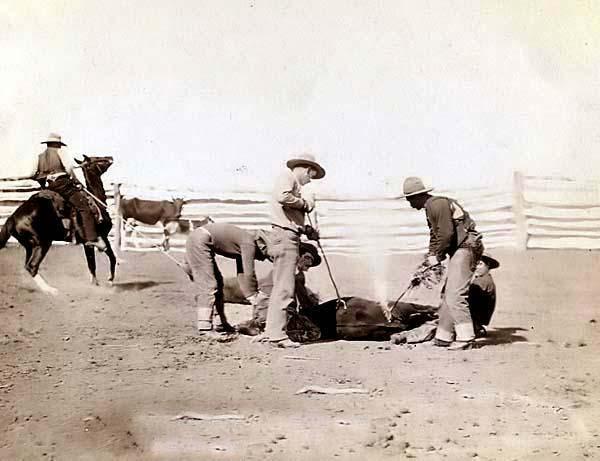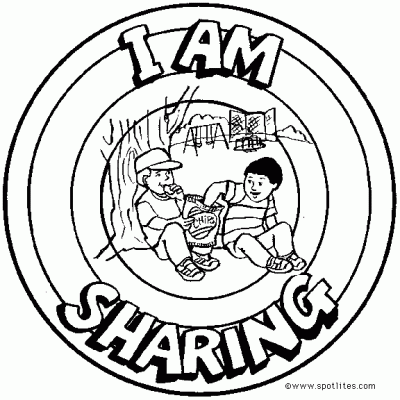
Hong Kong skyline w/ self-portrait & living room.
Hey it’s night time here but morning there–unless there is here for you, too, which if it is you should leave me a note and we should hang out. Anyway, here’s some stuff I’ve come across recently that might be of interest.
First, in honor of my being in Asia, here’s your weekly dose of Tao Lin- homeboy’s got “An Account of Being Arrested for ‘Trespassing’ NYU’s Bookstore” up at Gawker.
Hoist the blowhard flag! Ron Rosenbaum jumps a stack of sharks, and the moon too (jumps the moonshark? sharks the jumpmoon?) propelled by nothing more than an endless current of his own hot air. If you thought that the Original of Laura was a tempest in a teapot, then his “next big Nabokov controversy” is, I don’t know, a cheerio on a baseball field or something. Basically, Rosenbaum takes the fact that the poem “Pale Fire” from the novel Pale Fire is going to be published as a de luxe essay-accompanied strand-alone by Gingko Press, in November, argues for a reading of the poem that boils down to “even when Nabokov was bad he was good,” and then flogs the fact with the argument like an octopus against a stone. When it’s over, four breathless screens later, he passes out in a sweaty heap of his own inane superlatives, leaving the Slate commentariat to communally shit the bed with rage, which they promptly do. In a fitting Kinbot(e)-ian irony, the most interesting piece of interesting and useful information in this article (to me, anyway) is the footnote-fact that the artist half of this art-book, Jean Holabird, was for many years a collaborator with the great poet, Tony Towle. Here’s a picture of the two of them together in 1981. You can see some samples of their collaborative work at Tony’s website (look down near the bottom).
You may or may not remember that I was also in Hong Kong this time last year, and my visit happened to coincide with the Hong Kong Book Fair. Well, it happened again- I came, and so did the Fair. So I went back. The line for entry was even longer this year, despite the controversial banning of the pseudo-models in effect for the first time. Once more the Kubrick bookstore/art-publisher booth won my vote for Best In Show. Unlike last year, where I just gawked, this year I came prepared to buy some art books–and I did. More on these later. I also made it over to the Hong Kong University Press booth and bought a few books about Hong Kong: Ken Nicolson’s The Happy Valley: A History and Tour of the Hong Kong Cemetery, after reading about it this morning in this article in the HK Weekly, and Ackbar Abbas‘s Hong Kong: Culture and the Politics of Disappearance.
In non-meatspace news, a preview of The Incongruous Quarterly #1 is now available. The new magazine will have fiction, poetry, and a section called “Kill Fee,” which will feature “Work that was originally meant for other publications gets a new lease on life. Featuring art, essays, fiction and articles that were supposed to belong to the New York Times, the Believer, the Globe and Mail, NPR, Daily News and Analysis India and more.” This is especially interesting, because I had been under the impression that the term “kill fee” was invented by the Paris Review two weeks ago, so I can only wonder where these guys heard it. Speaking of which, I’ll end this post in my least-favorite way possible, which is with a self-correction & apology. I contributed a piece of bona fide “shit talk” to the comment thread attached to this post of Blake’s. Without rehashing what it was I had a bug up my ass about, let me just say that I completely misunderstood what I read, and responded from a position of pure ignorance. So, you know–sorry.




 Greetings from Hong Kong! It is early in the morning here and a five-year-old is trying to get me to help her watch some kind of Barbie-as-the-little-mermaid DVD, but instead I am doing this. Mark Doten, good friend of HTMLGiant’s (
Greetings from Hong Kong! It is early in the morning here and a five-year-old is trying to get me to help her watch some kind of Barbie-as-the-little-mermaid DVD, but instead I am doing this. Mark Doten, good friend of HTMLGiant’s (


 I wonder if people noticed that one of the three categories in which this post is classified is a brand-new one. That would be the “Craven self-promotion” tag–something we’ve probably needed here for a long time, and which I hope all the contributors will feel inclined to make use of, as needed. That said, wanting to direct your attention to this first thing isn’t actually all that craven. I’ve written an essay for the Poetry Foundation,
I wonder if people noticed that one of the three categories in which this post is classified is a brand-new one. That would be the “Craven self-promotion” tag–something we’ve probably needed here for a long time, and which I hope all the contributors will feel inclined to make use of, as needed. That said, wanting to direct your attention to this first thing isn’t actually all that craven. I’ve written an essay for the Poetry Foundation,